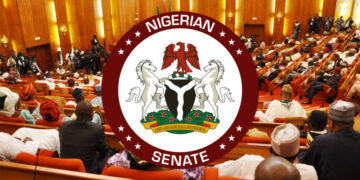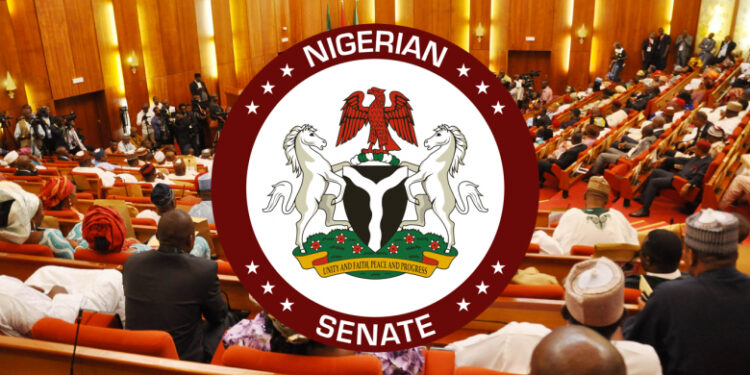By John Ikani
The Senate on Tuesday rejected the National Water Resources Bill, 2023, which had stirred controversy and disagreements among governors and federal lawmakers, primarily from the southern part of Nigeria.
The bill, presented by former President Muhammadu Buhari in 2017 to the Senate and House of Assembly, aimed to transfer control of water resources from the states to the Federal Government.
The proposed bill sought to establish various bodies, including the National Council on Water Resources, Nigeria Water Resources Regulatory Commission, River Basin Development Authorities, Nigeria Hydrological Services Agency, and the National Water Resources Institute.
The aforementioned bodies were intended to regulate and ensure the equitable, sustainable development, management, use, and conservation of Nigeria’s surface water and groundwater resources.
However, when the bill was brought for concurrence on the Senate floor, Senator Gabriel Suswan from Benue North-West invoked Order 85 of the Senate Rules.
The rule requires senators to have access to complete details of any bill for concurrence. Senator James Manager from Delta South supported Suswan’s demand, emphasizing the necessity of having comprehensive information about the bill’s provisions beyond its title alone.
Taking the rule cited into consideration, Senate President Ahmad Lawan ruled in favour of the senators’ request.
Consequently, the Senate withheld concurrence to the bill, thereby bringing an end to the heated controversy surrounding it.
It should be noted that the House of Representatives passed the bill in 2020, despite concerns expressed by members of the public and some lawmakers.
Prior to its passage, consultations were conducted with various stakeholders, including the Minister of Justice and Attorney-General of the Federation, Abubakar Malami (SAN), as well as commissioners for justice and attorneys-general from all 36 states.
The opinions gathered were attached to the bill and distributed to all House members.




































